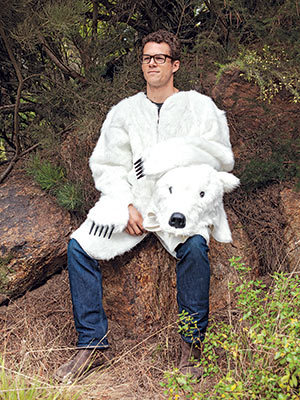For the last few years, I have become increasingly certain that people in the 21st Century may need what I can only call a Personal Business. There are so many changes going on in the local, national and global economy and so many things can and do go wrong, that it might not be a bad idea after all to have a fallback position.
Maybe we should each have one micro business that we hang onto for life; that never gets shared with anyone, where we take no partners and never pledge it to a Bank for a loan and, thus, have something that is uniquely ours that we can fall back on in troubled times. As my late father, Professor O. J. Firestone would have said: “You need an iron reserve.”
A PB4L does not include things like the guy who tells you: “I can show you how to make a million dollars! Just send me ONE dollar, and I will tell you how.” And, of course, the answer is: “Get a million fools to each send you a dollar to tell them how to…”
They have to be real businesses. One way to find inspiration I think would be to go get a copy (from your library) of the Encyclopedia Britannica and look for ideas from the 1930s. Say, for example, making high end paper for socialites and demanding persons who want acid-free paper to preserve their writings. Who knows what you might find there.
Let me share with you an example. A few years ago, Ryan North, a former student of mine and an IT professional, started Qwantz.com in the learn-by-doing part of Entrepreneurialist Culture, one of the courses I teach. Qwantz.com is an online dinosaur comic strip.
The only problem Ryan had was that he couldn’t draw. Like most entrepreneurs, he turned a weakness into a strength. His comic strip has six panels with three dino characters—all images are taken from free, publicly available clip art. The key is that the panels and characters NEVER change. They are the same, day-to-day.
Read more at, https://www.eqjournal.org/?p=421
@ profbruce
@ quantum_entity


